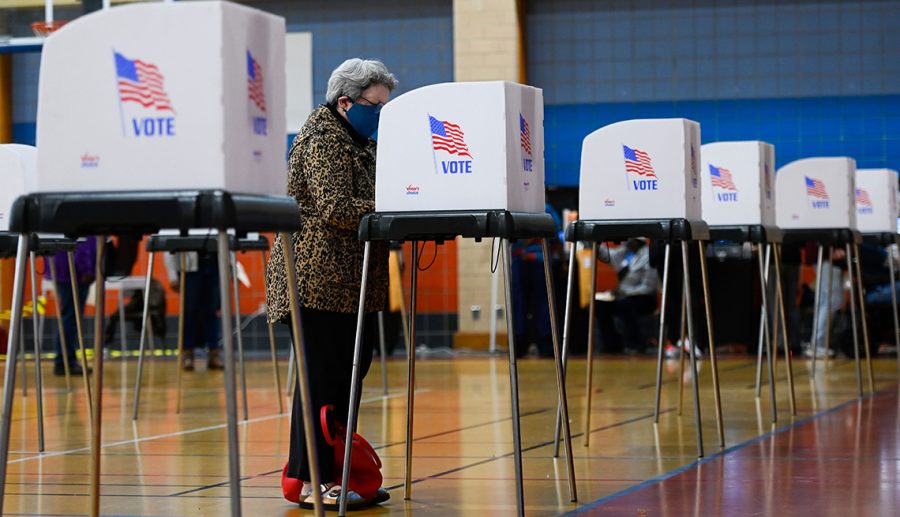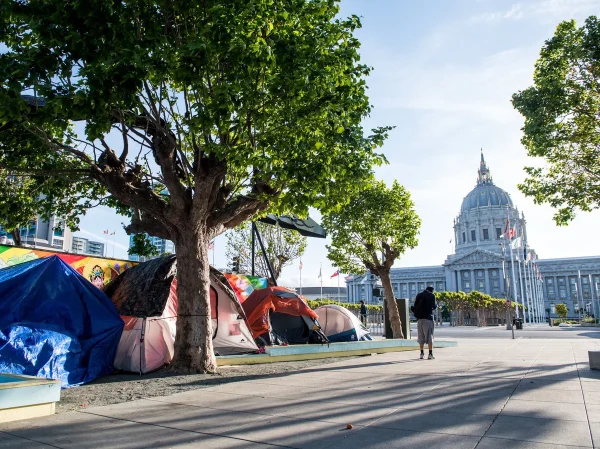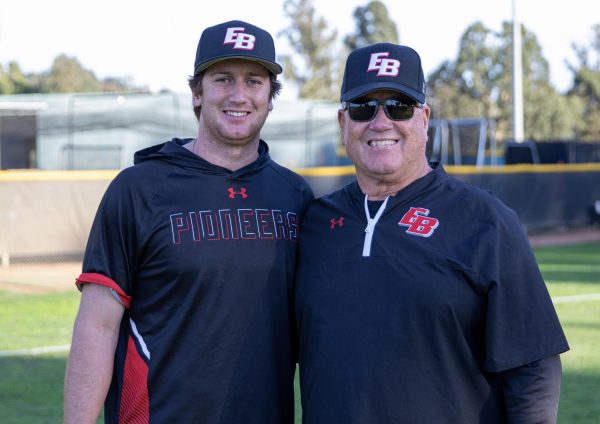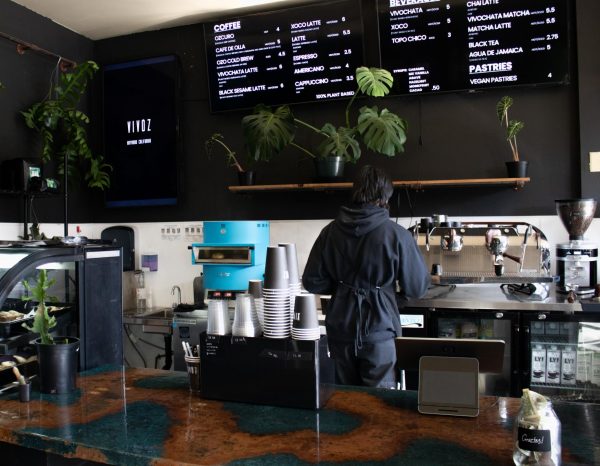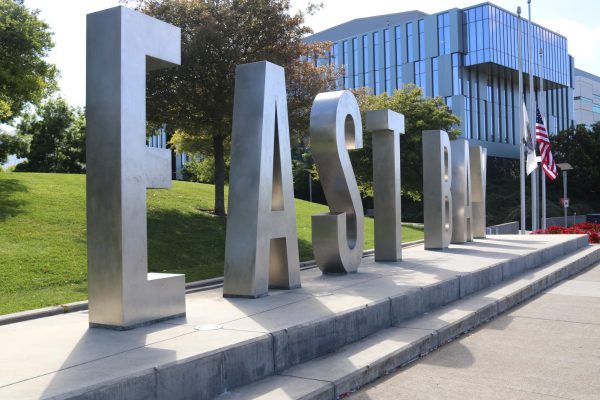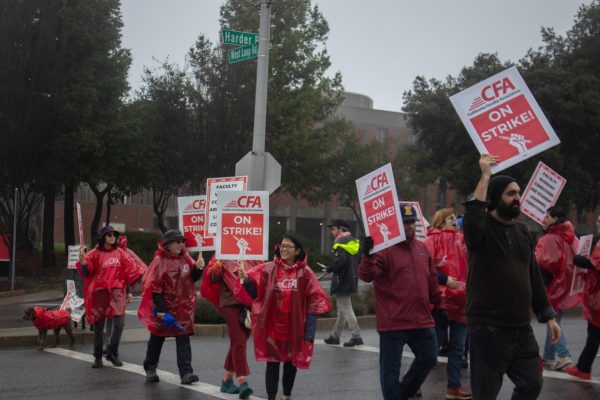The Right to Vote
February 2, 2022
How national arguments affect the East Bay
The Republican party has blocked efforts from the Democrats to pass the John Lewis Freedom to Vote Act by utilizing the filibuster to prevent discussions of the bill on the Senate floor. This coupled with two Democratic Senators, Joe Manchin (D-WV) and Krysten Sinema (D-AZ), refusing to change filibuster rules ensures that the minority party in the Senate can stop a very popular bill. This is a national-level issue that has state and local repercussions as over four hundred laws have been proposed in 49 states that would somehow restrict or limit access to voting.
“Locally I’ve seen very little effort to block voting by the public,” said Vincent Casalaina, a member of the East Bay Activist Alliance when asked about voting rights regarding the East Bay. This is one of the benefits of living in the Democratic stronghold (California) and the Bay Area in particular. In fact, state laws have been passed to expand voting access.
“Republican senators are continuing the ugly legacy of segregation by resurrecting Jim Crow, allowing state after state to erect deliberate barriers to voting, sabotage election administration, and silence the voices of Black, Brown, young, and new voters,” said Casalaina.
The filibuster as a tactic to prevent voting rights dates back to the Jim Crow Era, from stopping the Black voting rights bills and anti-lynching bills.
Indivisible East Bay is a progressive organization centered on lobbying Mark DeSaulnier (CA-11), Barbara Lee (CA-13), and Eric Swalwell (CA-15) as well as California Senators Alex Padilla (D-CA) and Diane Feinstein (D-CA) to push for a progressive agenda in Congress.
Ted Lam of Indivisible East Bay said that he knew of no laws or efforts to restrict voting access in the East Bay, but the organization was able to convince Senator Feinstein to support reforming the filibuster.
Through the effort of Indivisible East Bay, the filibuster could be reformed and voting rights can be protected come this election cycle if the Democrats expand their Senate majority.
The John Lewis Freedom to Vote Act is extremely popular and only through elections can certain legislators be replaced to see the bill enacted, yet if these legislators restrict, or allow states to restrict access to voting, then it would be difficult to see a bill supported by over sixty percent of Americans passed.




